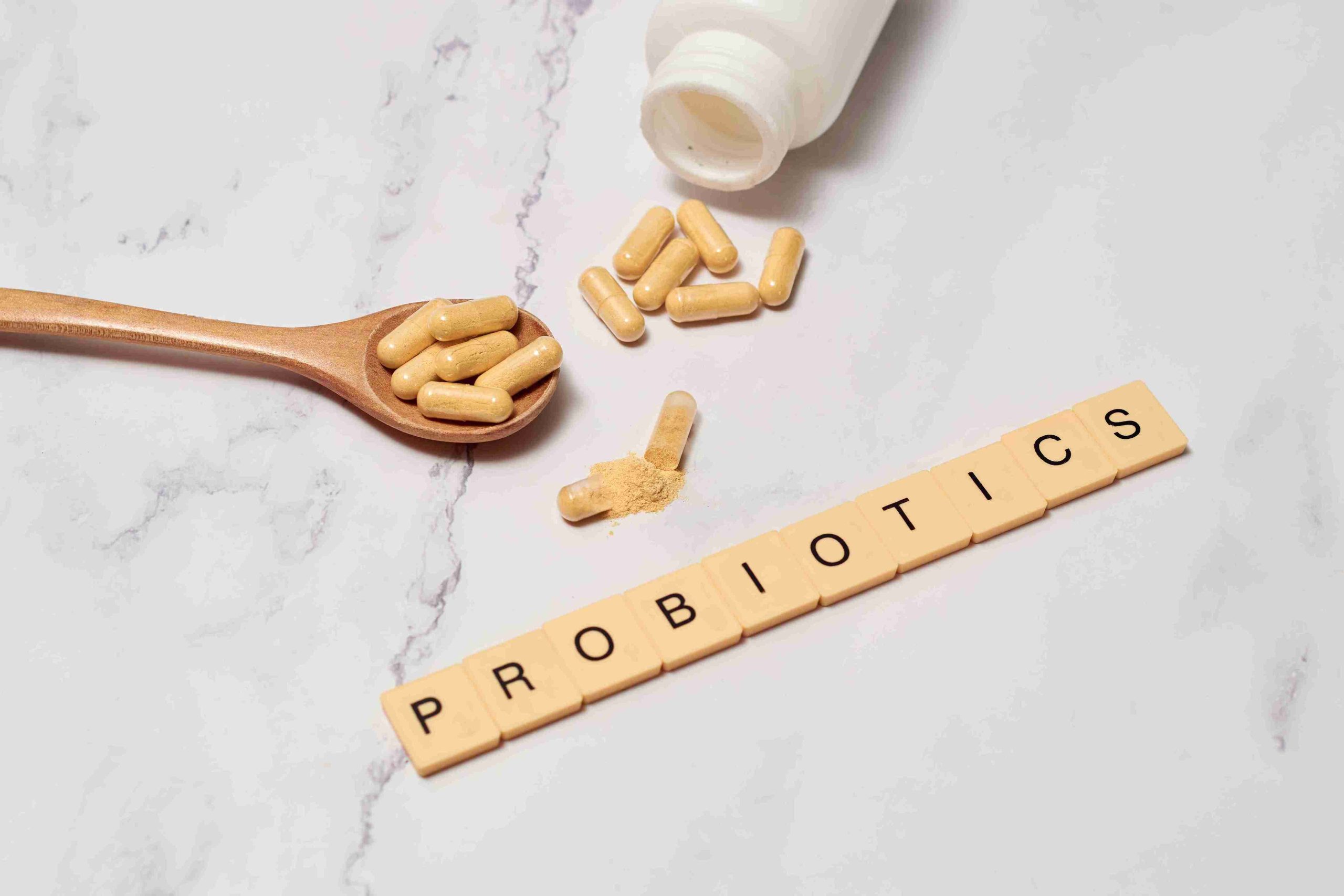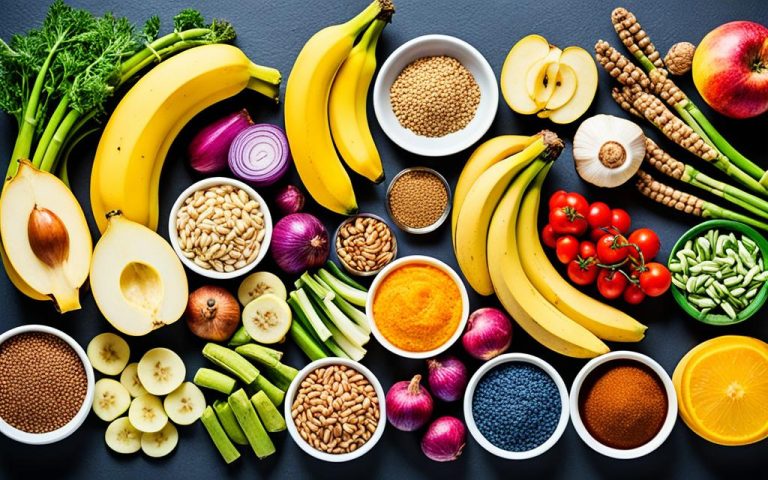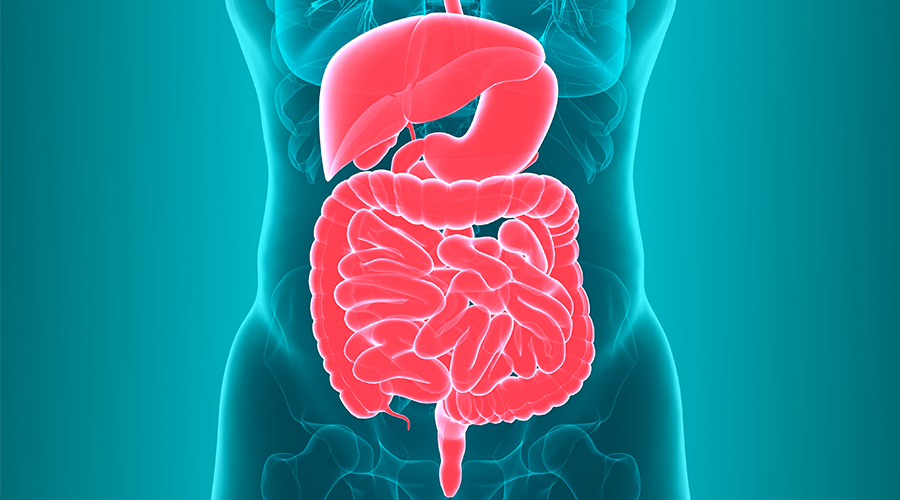Your gut houses an incredible ecosystem of trillions of microorganisms that collectively form what scientists call the gut microbiome. This bustling community isn’t just responsible for digestion—it influences your immune system, mood, weight management, and even your mental health. Think of your gut as a thriving city where beneficial bacteria work tirelessly to maintain harmony and keep everything running smoothly.
In today’s fast-paced world filled with processed foods, stress, and environmental toxins, maintaining optimal gut health has become more challenging than ever. This is where prebiotics and probiotics enter the picture as your digestive system’s best allies. While these terms are often used interchangeably, they serve distinctly different yet complementary roles in supporting your gut health.
Understanding the difference between prebiotics and probiotics is crucial for making informed decisions about your digestive wellness journey. Probiotics are live beneficial bacteria that add to your gut’s population of good microbes, while prebiotics are the specialized nutrients that feed and nourish these beneficial bacteria. Together, they create a powerful synergy that can transform your digestive health and enhance your well-being.
Whether you’re dealing with digestive issues, looking to boost your immune system, or simply want to optimize your health from the inside out, this comprehensive guide will help you navigate the fascinating world of gut health and discover how to harness the power of prebiotics and probiotics effectively.
Understanding Probiotics: The Beneficial Bacteria Revolution

Probiotics are live microorganisms that provide numerous health benefits when consumed in adequate amounts. These “good” bacteria work to maintain a balanced microbiome by supporting digestion, fighting off harmful pathogens, and strengthening your immune system. The most commonly used probiotic strains include Bifidobacteria, Lactobacilli, S. boulardii, and B. coagulans.
These beneficial microorganisms can be found naturally in fermented foods such as yogurt, kefir, sauerkraut, tempeh, and kimchi. Additionally, probiotic supplements offer a convenient way to introduce specific strains of beneficial bacteria into your digestive system.
Key Mechanisms of Probiotic Action
Probiotics work through several sophisticated mechanisms to promote gut health:
-
Production of inhibitory substances like hydrogen peroxide, bacteriocins, and organic acids that combat harmful bacteria
-
Blocking adhesion sites for pathogenic bacteria, preventing them from establishing colonies
-
Competition with harmful bacteria for essential nutrients
-
Degradation of toxins and blocking of toxin receptors
-
Modulation of immune responses to enhance health
Exploring Prebiotics: The Fuel for Gut Health
Prebiotics are non-digestible fibers that serve as food for beneficial bacteria in your gut. Unlike probiotics, prebiotics aren’t living organisms—they’re specialized nutrients that pass through your digestive system and specifically nourish the good bacteria already residing in your intestines.
Common prebiotic sources include garlic, onions, leeks, asparagus, bananas, whole grains, and chicory root. The most frequently used prebiotics in supplements include fructooligosaccharides (FOS), galactooligosaccharides (GOS), xylooligosaccharides (XOS), and inulin.
How Prebiotics Support Gut Health
Prebiotics offer several important benefits for digestive wellness:
-
Enhanced gut health by stimulating the growth of beneficial bacteria
-
Improved digestion through better bowel regularity and reduced constipation
-
Immune support by strengthening the gut barrier and enhancing immune function
-
Better nutrient absorption, particularly of essential minerals like calcium and magnesium
-
Potential weight management benefits through appetite regulation
The Synbiotic Advantage: When Prebiotics and Probiotics Unite

The combination of prebiotics and probiotics creates what scientists call “synbiotics”—products designed to maximize the benefits of both components. This synergistic approach addresses the survival challenges that probiotics face as they travel through the digestive system.
Synbiotics work by improving the survival rate of probiotic bacteria during their passage through the upper intestinal tract, ensuring more efficient implantation in the colon. The prebiotic component provides immediate nourishment for the probiotic bacteria, helping them establish and thrive in their new environment.
Benefits of Synbiotic Formulations
Research has shown that synbiotic combinations can provide enhanced health benefits:
-
Increased levels of beneficial lactobacilli and bifidobacteria
-
Improved liver function in patients with cirrhosis
-
Enhanced immunomodulating ability
-
Prevention of bacterial translocation and reduced nosocomial infections in surgical patients
Comprehensive Health Benefits: Beyond Digestive Wellness
Probiotic Health Benefits
The therapeutic potential of probiotics extends far beyond basic digestive support:
Digestive Health: Probiotics help prevent diarrhea and constipation while alleviating symptoms of irritable bowel syndrome (IBS) and inflammatory bowel disease (IBD).
Immune Function: These beneficial bacteria enhance immune responses and provide additional protection against pathogens.
Mental Health: Emerging research reveals a strong connection between gut health and mental well-being, with certain probiotics potentially reducing symptoms of anxiety and depression through the gut-brain axis.
Specialized Benefits: Some probiotic strains can improve lactose digestion, support cardiovascular health, and may even play a role in cancer prevention.
Prebiotic Health Advantages
Prebiotics offer their own unique set of health benefits:
Metabolic Support: Prebiotics may help regulate blood sugar levels and reduce the risk of type 2 diabetes.
Weight Management: These fibers can promote feelings of fullness and help with appetite control.
Bone Health: Enhanced absorption of calcium and magnesium supports stronger bones and skeletal health.
Anti-inflammatory Effects: Prebiotics may help reduce inflammation throughout the body, particularly in the gut.
Practical Implementation: Incorporating Prebiotics and Probiotics into Your Life

Dietary Sources and Recommendations
Probiotic-Rich Foods: Include fermented foods like yogurt with live cultures, kefir, sauerkraut, kimchi, miso, and tempeh in your regular diet.
Prebiotic-Rich Foods: Focus on fiber-rich options such as garlic, onions, asparagus, bananas, apples, oats, and flaxseeds.
Supplement Considerations
When choosing supplements, look for products that specify the strains included, provide adequate colony-forming units (CFUs), and ensure proper storage to maintain bacterial viability. Consider starting with lower doses and gradually increasing to allow your digestive system to adapt.
Safety and Considerations
While prebiotics and probiotics are generally safe for most people, some individuals may experience mild side effects such as gas, bloating, or digestive discomfort when first introducing them. These symptoms typically subside as your gut microbiome adjusts to the changes.
People with compromised immune systems, severe underlying health conditions, or those taking certain medications should consult with healthcare providers before starting probiotic supplements.
The Future of Gut Health
Understanding the intricate relationship between prebiotics and probiotics represents just the beginning of our journey into personalized gut health optimization. As research continues into the complex connections between our microbiome and health, the potential for targeted therapeutic interventions grows exponentially.
By incorporating both prebiotics and probiotics into your wellness routine—whether through whole foods, supplements, or synbiotic combinations—you’re investing in a foundation of health that extends far beyond digestion. Your gut microbiome influences virtually every aspect of your well-being, making the cultivation of beneficial bacteria one of the most impactful steps you can take toward optimal health.

